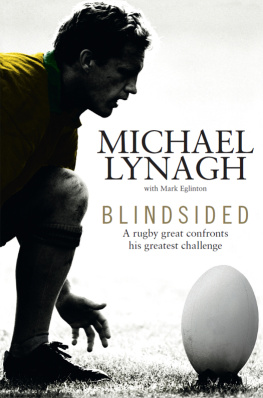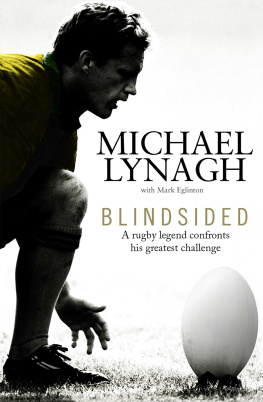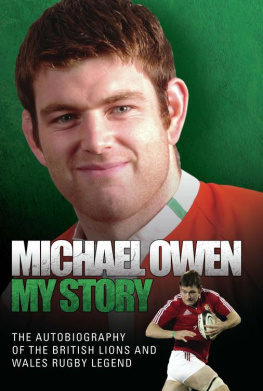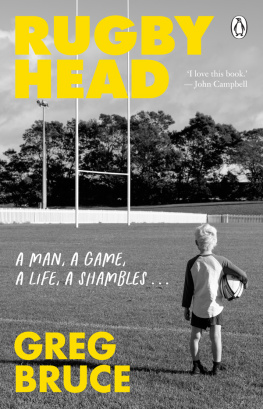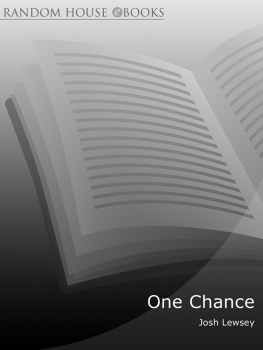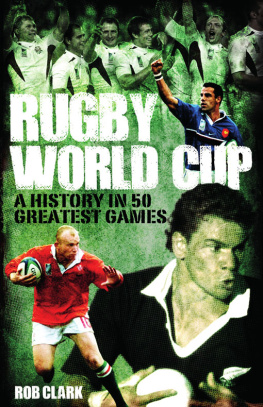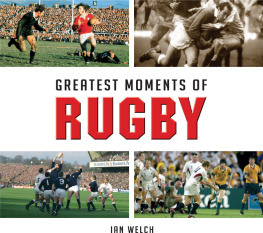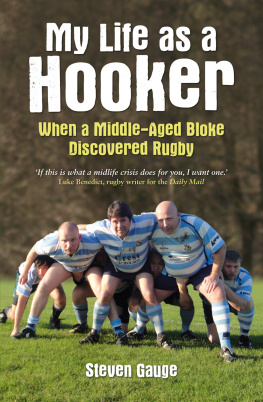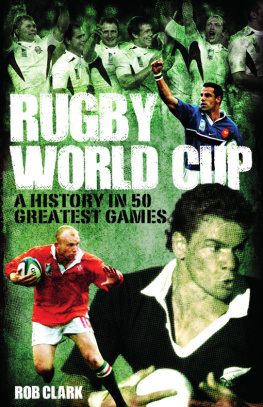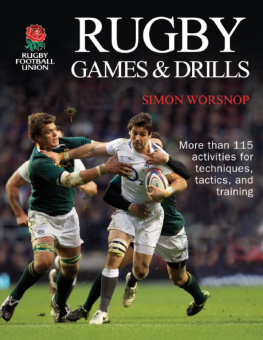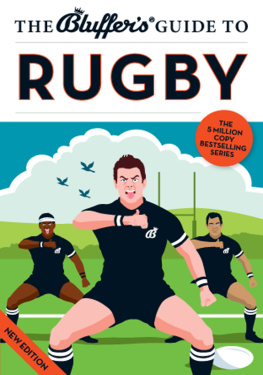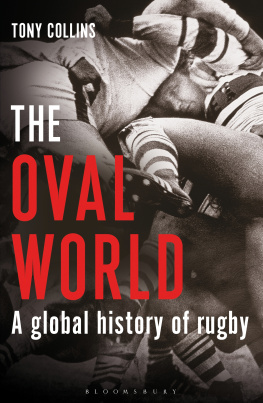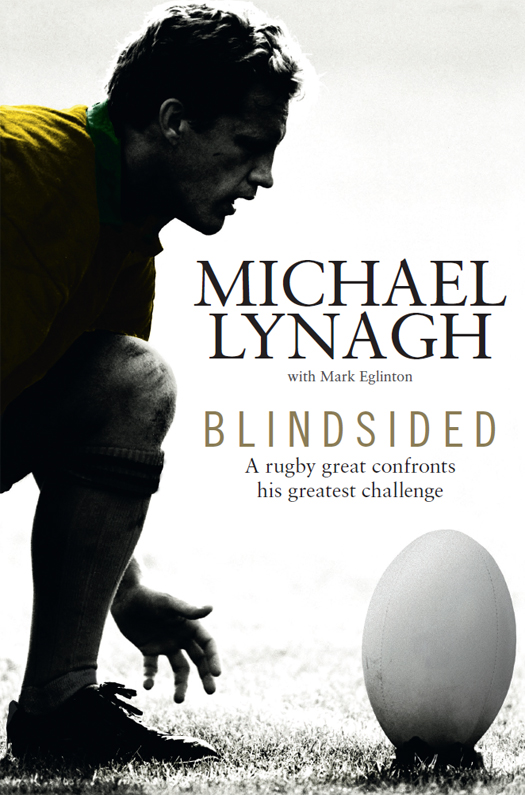HarperCollinsPublishers
First published in Australia in 2015
by HarperCollinsPublishers Australia Pty Limited
ABN 36 009 913 517
harpercollins.com.au
Copyright Michael Lynagh 2015
The right of Michael Lynagh to be identified as the author of this work has been asserted by him in accordance with the Copyright Amendment (Moral Rights) Act 2000.
This work is copyright. Apart from any use as permitted under the Copyright Act 1968, no part may be reproduced, copied, scanned, stored in a retrieval system, recorded, or transmitted, in any form or by any means, without the prior written permission of the publisher.
HarperCollinsPublishers
Level 13, 201 Elizabeth Street, Sydney, NSW 2000, Australia
Unit D1, 63 Apollo Drive, Rosedale, Auckland 0632, New Zealand
A 53, Sector 57, Noida, UP, India
1 London Bridge Street, London SE1 9GF, United Kingdom
2 Bloor Street East, 20th floor, Toronto, Ontario M4W 1A8, Canada
195 Broadway, New York, NY 10007, USA
ISBN 978 0 7322 9924 8 (paperback)
ISBN 978 1 4607 0302 1 (ebook)
National Library of Australia Cataloguing-in-Publication data:
Lynagh, Michael, author.
Blindsided / Michael Lynagh with Mark Eglinton.
Lynagh, Michael.
Rugby Union football playersAustraliaBiography.
Cerebrovascular diseasePatientsQueenslandBiography.
Other Creators/Contributors: Eglinton, Mark, author.
796.333092
Cover design by HarperCollins Design Studio
Cover image by David Rogers / Allsport / Getty Images
Back cover image by Tom Shaw / IRB/iRB/ Getty Images
CONTENTS
Guide
IN 1984, I HAD inherited the Wallabies coaching job in fairly difficult and controversial circumstances. The Wallabies, over time, had rarely achieved according to their potential. I was encouraged by players to apply for the coaching job and I was successful.
I can say what Ive never said before, that I was genuinely excited by the talent at my disposal. Amongst that talent was a remarkable twenty year old from Queensland, Michael Lynagh. Rugby was fortunate that he was still within our ranks. He was a gifted schoolboy cricketer; but I suspect he would have been good at anything that remotely resembled a ball sport. As a recreational golfer, he was as good as anybody.
I soon learnt on becoming coach that we had in front of us, in 1984, a very difficult tour of Britain, subsequently to be known as the Grand Slam Tour. But before that, we had the domestic season to deal with and the mighty All Blacks were touring Australia.
We won the first Test magnificently in Sydney, in what could only be described as a rugby boilover. But in something of a kicking duel, where we were almost embarrassingly without a kicker in Brisbane, we lost in a whistle-blowing affair by one point.
Already, the 84 Wallabies had served notice to the rest of the world. The showdown third Test was to be in Sydney. In the lead-up to Sydney, Queensland, with Michael playing, had been hammered by the All Blacks. I sensed that Michael Lynagh was the secret weapon that we needed for Sydney, a brilliant and gifted goal-kicker.
I pulled him aside after the Queensland vs. All Blacks game into an empty dressing room. He had never played in a run-on side for Australia. After all, he was only twenty. I told him that we didnt know one another very well, but I wanted him for Sydney as the goal-kicker. I felt it would be a penalty showdown. Typically Michael Lynagh, he was worried about who he would be replacing, and he asked me who. I gently suggested that was my worryI just wanted him to play. He told me that hed never played on the Sydney Cricket Ground and he thought he might let me down.
In the conversation that ensued, I gained a telling insight into this remarkable Australian. He was gifted, yes. He was modest beyond dimension. I told him I didnt want anyone playing if they were unhappy about the assignment I was asking of them. We left the meeting with the understanding that he wouldnt be picked. I chose to accommodate his concerns ahead of the urgent needs of Australian rugby.
We went to Sydney and in the virtual penalty shoot-out with a whistle-happy Northern Hemisphere referee, we lost a critical, indeed historic, Test by one point. But in a way, the dye had been cast. I knew Michael would be central to changing the fortunes of Australian rugby.
And he was.
He was always a worrier. Early on, on that Grand Slam tour, he had a whinge to me about the praise I was giving at training to Mark Ella. He obviously believed that if Mark Ella was my preferred 5/8, there was no room for him.
I rather bluntly and impatiently ensured him to stop worrying, he would be in the team. And I dropped the remarkably gifted Australian vice-captain Michael Hawker, shifted Michael Lynagh out of position and played him at inside centre. His adjustment to a new role was extraordinary and he was a significant part of that historic Grand Slam success.
It was not without its moments. He was young. Hed absorbed a lot of pressure. I sensed after the Ireland Test that I should relieve him of goal-kicking duties. We were, of all things, shopping for Waterford crystal in Ireland. We were queued up and I told him, as we stood in the queue, that I was taking him off the goal-kicking duties for the Test against Wales.
Michael being Michael immediately assumed he was being dropped. I became impatient with his insecurity and told him that never under my watch would he be dropped. It was just that the great Roger Gould would assume goal-kicking duties.
Michael had a magnificent match, Roger Gould kicked to perfection and we set a record against Wales at Cardiff Arms Park. And more success was to follow, where this gifted and modest young Queenslander was a central component to our success.
Wed brilliantly won the Hong Kong Sevens, then the world championship of Sevens rugby in Sydney. We won a Test series in New Zealand in 1986the only side, apart from the British Lions, ever to have achieved that. The 86 Wallabies won the deciding Test at Eden Park after a harrowing tour across the country by comprehensively defeating the All Blacks in the third Test. In drizzly conditions, Michael Lynaghs guts and skill were outstanding. And that 86 side was the last Australian side to beat New Zealand at Eden Park.
I feel privileged that Michael Lynagh and I still correspond regularly, to this day. We are, its fair to say, closer now than we were then as coach and player. We rallied when we all took fright in 2012 when we learnt that Michael had suffered a stroke. But even then Michael Lynagh was the architect of his own triumph over adversity. He could have yielded to peer pressure when he felt that something had happened and pretended, macho like, that all was okay. Instead, he asked his mates to call for an ambulance immediately. It most probably saved his life. And what a life its been to date.
I write to him regularly. I remind him that Australian rugby will never be able to repay the debt it owes to him. And yet beyond his extraordinary gifts is an extraordinary human being. I always told my players that it wasnt so very difficult to be a good player, but it was exceedingly difficult to be a good person. Michael Lynagh is such a person.
His great personal qualities derive, primarily, from the strength of his family ties and from the discipline and Christian teachings of his Alma Mater, St Josephs College on Gregory Terrace in Brisbane.
In the manuscript of life, it is the little things that are indelible. I cant talk about Michael Lynagh without thinking about his Mum, Marie. She was a school teacher. All parents want to see their children walk across the international stage. So it was with Michaels parents, Ian and Marie.

